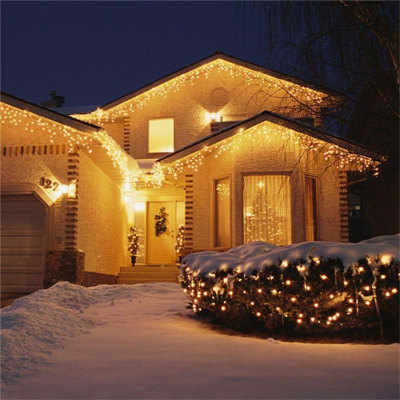Christmas trees play several important roles during the holiday season, both symbolically and practically. Here are some of the key roles of Christmas trees:
- Symbol of Celebration: Christmas trees are a central symbol of the Christmas holiday. They represent the joy and celebration of the season and serve as a visual reminder of the festive spirit.
- Religious Symbolism: For Christians, the Christmas tree can be a symbol of the Tree of Life or the cross of Christ. It reminds believers of the birth of Jesus and the promise of eternal life through faith.
- Family Tradition: Decorating the Christmas tree is a cherished family tradition in many households. It brings families together as they work on selecting, decorating, and admiring the tree.
- Festive Decor: Christmas trees serve as a focal point for holiday decor in homes, offices, and public spaces. They create a warm and inviting atmosphere, enhancing the overall holiday experience.
- Gift Display: Many families place wrapped presents and gifts under the Christmas tree. The tree becomes a temporary gift display area, adding to the anticipation and excitement of gift-giving.
- Community and Social Gathering: Christmas trees are often featured in public spaces, town squares, and at community events. These communal trees symbolize unity and provide a central location for holiday gatherings and celebrations.
- Charity and Giving: Some Christmas tree traditions include “giving trees” or “angel trees” where people can choose ornaments representing gifts for those in need. This promotes the spirit of giving and charity during the holiday season.
- Environmental Benefits: Real Christmas trees, when sourced sustainably and recycled or composted after use, can have environmental benefits. They absorb carbon dioxide (CO2) as they grow and can be recycled into mulch or compost.
- Cultural Identity: Different cultures and regions may have their unique traditions and interpretations of Christmas trees, adding to the richness and diversity of the holiday season.
- Business and Economy: The Christmas tree industry supports livelihoods for farmers, tree growers, and retail workers. It also drives economic activity through the sale of trees, decorations, and related products.
- Seasonal Tourism: In some areas, the display of Christmas trees and holiday decorations attracts tourists and visitors, contributing to local economies.
- Memories and Nostalgia: Christmas trees evoke memories of past holidays and carry a sense of nostalgia. Decorating the tree and admiring the ornaments can bring back fond recollections of previous celebrations.
- Cultural Exchange: Christmas trees are not limited to Christian-majority countries. They have been adopted and adapted in various forms by people of different cultures, fostering cultural exchange and understanding.
In summary, Christmas trees serve a multitude of roles during the holiday season, encompassing cultural, religious, and social aspects. They are not only a symbol of celebration and tradition but also contribute to the festive atmosphere and sense of togetherness that characterizes the Christmas season.
























